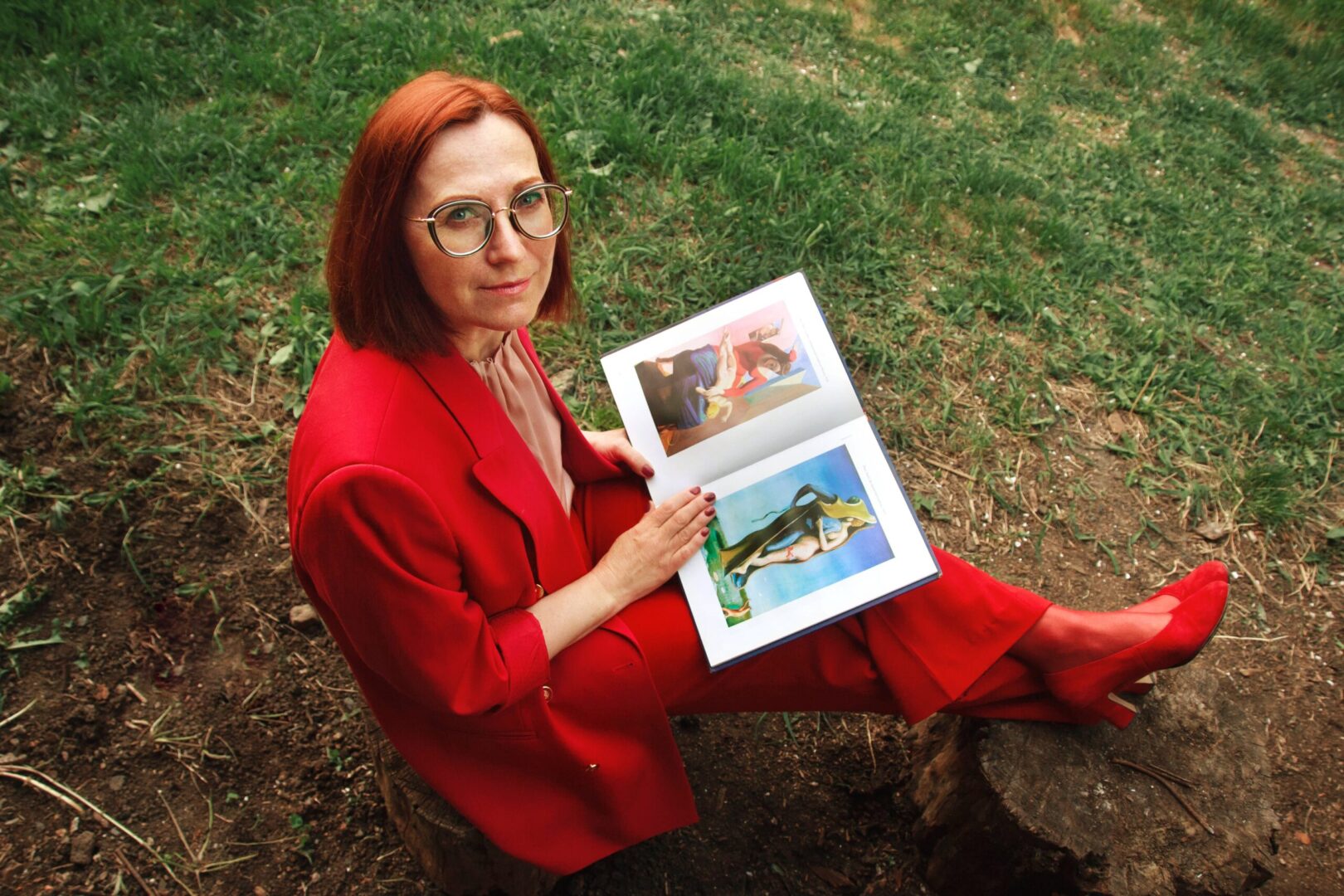Understanding the connection between personality traits and career paths.
Understanding the connection between personality traits and career paths is essential for individuals seeking to excel in their professional lives.
Each person possesses a unique blend of personality traits that influence their strengths, preferences, and abilities. By recognising these traits, individuals can align themselves with career opportunities that allow them to thrive.
In this blog post, we will explore various personality traits, their corresponding job titles where individuals excel, and areas where they may face challenges.
Extraversion: The eloquent communicator
Extraversion is marked by outgoingness, sociability, and a preference for external stimuli. Extroverts are energised by social interactions, making them well-suited for roles that involve significant engagement with others.
Job titles where extraversion excels:
- Sales Representative: Thrive in building relationships, persuading others, and meeting sales targets.
- Event Planner: Excel in organising and hosting events while engaging with clients, vendors, and attendees.
- Public Relations Specialist: Benefit from their ability to connect with people, network, and communicate effectively on behalf of clients or organisations.
Possible challenges for extraverts:
While extraverts excel in people-oriented roles, they may struggle in positions that require prolonged periods of solitude or detailed analysis, such as scientific research or data analysis.

Conscientiousness: The diligent achiever
Conscientious individuals are characterised by their organisation, diligence, and a strong sense of responsibility. They thrive in structured environments and demonstrate high levels of attention to detail.
Job titles where conscientiousness excels:
- Project Manager: Excel in planning, coordinating, and ensuring projects are delivered on time and within budget.
- Accountant: Flourish in roles that require meticulous record-keeping, financial analysis, and adherence to regulations.
- Administrative Assistant: Thrive in managing multiple tasks, and schedules, and ensuring smooth office operations.
Possible challenges for conscientious individuals:
Conscientious individuals may face challenges in roles requiring adaptability, spontaneity, or risk-taking, such as entrepreneurial ventures or creative fields where there are fewer rigid structures and rules to follow.

Openness: The creative innovator
Openness refers to imagination, creativity, and a desire to explore new ideas and experiences. Individuals high in openness are curious, flexible, and enjoy novel approaches to tasks.
Job titles where openness excels:
- Graphic Designer: Flourish in roles that demand creativity, innovation, and the ability to visualise and execute design concepts.
- Writer or Content Creator: Thrive in roles involving creative expression, original thinking, and storytelling.
- Research Scientist: Excel in fields where they can explore new ideas, conduct experiments, and contribute to scientific discoveries.
Possible challenges for individuals high in openness:
Highly open individuals may face challenges in roles that require routine and predictability, as well as strict adherence to rules and established processes.

Agreeableness: The collaborative facilitator
Agreeableness centres around empathy, cooperation, and adaptability. Individuals high in agreeableness excel in roles that involve teamwork, customer service, and relationship-building.
Job titles where agreeableness excels:
- Teacher: Thrive in roles that require patience, empathy, and the ability to connect with students to facilitate their learning.
- Human Resources Specialist: Excel in creating positive work environments, resolving conflicts, and supporting employees’ well-being.
- Customer Support Representative: Benefit from their ability to empathise, listen, and provide excellent assistance to customers.
Possible challenges for agreeable individuals:
While agreeable individuals excel in roles that prioritise collaboration and harmony, they may face challenges in positions that require tough decision-making or assertiveness, such as management or legal roles.

Emotional stability: The resilient stabiliser
Emotional stability, or neuroticism, is characterized by resilience, composure, and emotional control. Individuals high in emotional stability thrive in roles that involve stability, problem-solving, and maintaining calm under pressure.
Job titles where emotional stability excels:
- Emergency Medical Technician (EMT): Excel in providing immediate medical assistance in high-stress situations.
- Air Traffic Controller: Flourish in positions requiring multitasking, quick decision-making, and maintaining composure in high-pressure environments.
- Crisis Counselor: Thrive in roles that involve guiding individuals through difficult situations and providing emotional support.
Possible challenges for individuals high in emotional stability:
There are very few studies showing any significant negative effects of having high emotional stability.

Maximising potential by recognising personality traits
While personality traits provide valuable insights, it is important to remember that they are not determinative factors for career success. Various factors, such as education, skills, and experience, also influence job performance. Each person is unique, and there are exceptions and combinations of traits that can lead to excellence in various roles.
By leveraging your personality strengths and understanding areas of potential challenge, you can make informed decisions when choosing career paths. Consider seeking roles that align with your dominant traits, but also allow room for personal growth and development.
Note: The job titles provided above are examples and do not encompass all possible careers associated with specific personality traits.





